"Laboratory of Peace": 28th Seminar of Slavic Minorities held in European Capital of Culture Gorica/Gorizia
26.11.2025The border that once divided families has become a meeting place, and the silence surrounding minority rights in Europe must be broken. These were the resounding messages at the 28th Seminar of Slavic Minorities in Europe (AGSM), held from 20–23 November 2025 in the cross-border twin cities of Gorizia/Gorica (Italy) and Nova Gorica (Slovenia).
Organised by the Federal Union of European Nationalities (FUEN) in cooperation with the local Slovenian organisations SSO, SKGZ, and SSk, the seminar gathered over 30 representatives from AGSM member organisations across Europe against the backdrop of the European Capital of Culture (GO!2025).
Opening the seminar, Dr. Hartmut S. Leipner, FUEN Vice-President and Speaker of the AGSM, highlighted the symbolic importance of the location. "Gorizia/Gorica shows us what minority rights and cross-border cooperation can really mean," Leipner stated. "This community turned a border into a meeting place. They turned a difficult history into a hopeful future."
However, Leipner contrasted this local success with the stagnation of minority rights at the European level, citing the rejection of the Minority SafePack Initiative and the ongoing issue of geoblocking. "Minorities are not on Europe's agenda. This silence is our biggest challenge," he warned. "Digital borders hurt us just like physical borders once did."
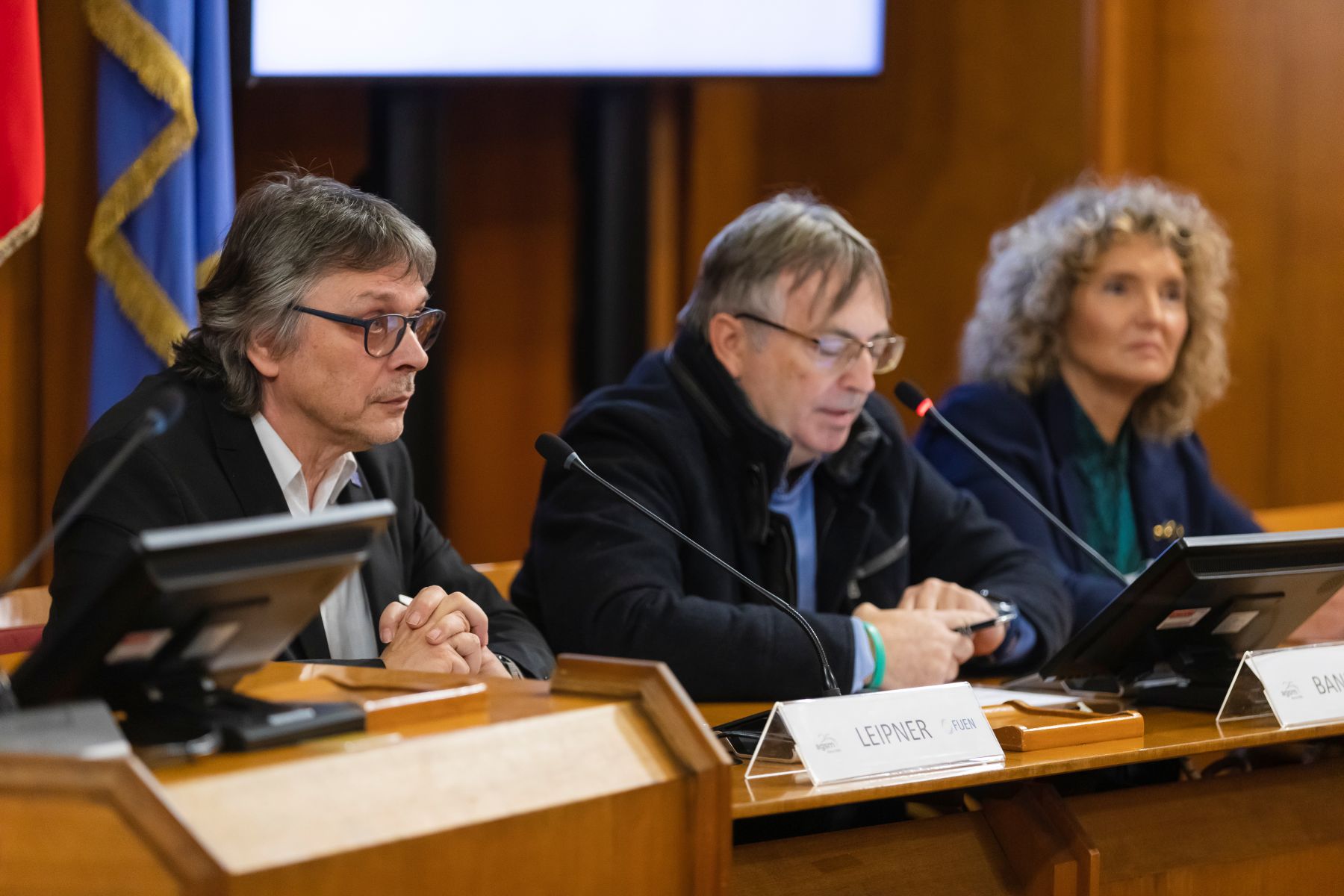
The official opening session at the Provincial Council Hall featured high-level discussions on political participation and legal protection.
Rodolfo Ziberna, Mayor of Gorizia/Gorica, emphasized that while the border has become synonymous with cooperation, political steps are still missing. He argued that a guaranteed seat for the Slovene minority in the Italian parliament must be the next step in protection, noting that minorities deserve such safeguards.
Senator in the Italian Parliament Tatjana Rojc reflected on the symbolic return of the Narodni Dom in Trst/Trieste as an ethical tribute to the Slovenian minority but raised concerns about representation. She noted that the reduction in the number of Italian parliamentarians has resulted in 40% fewer representatives from the Friuli Venezia Giulia region. "The goal is to regulate representation by law, which is supported by both the Slovenian and Italian presidents," Rojc affirmed.
Vesna Humar, State Secretary of the Republic of Slovenia, highlighted Slovenia’s commitment to its expatriates, noting that the country has a dedicated minister for the more than 0.5 million Slovenians living abroad—a rarity in Europe. "We must not only preserve minority rights but continuously build on them," she said.
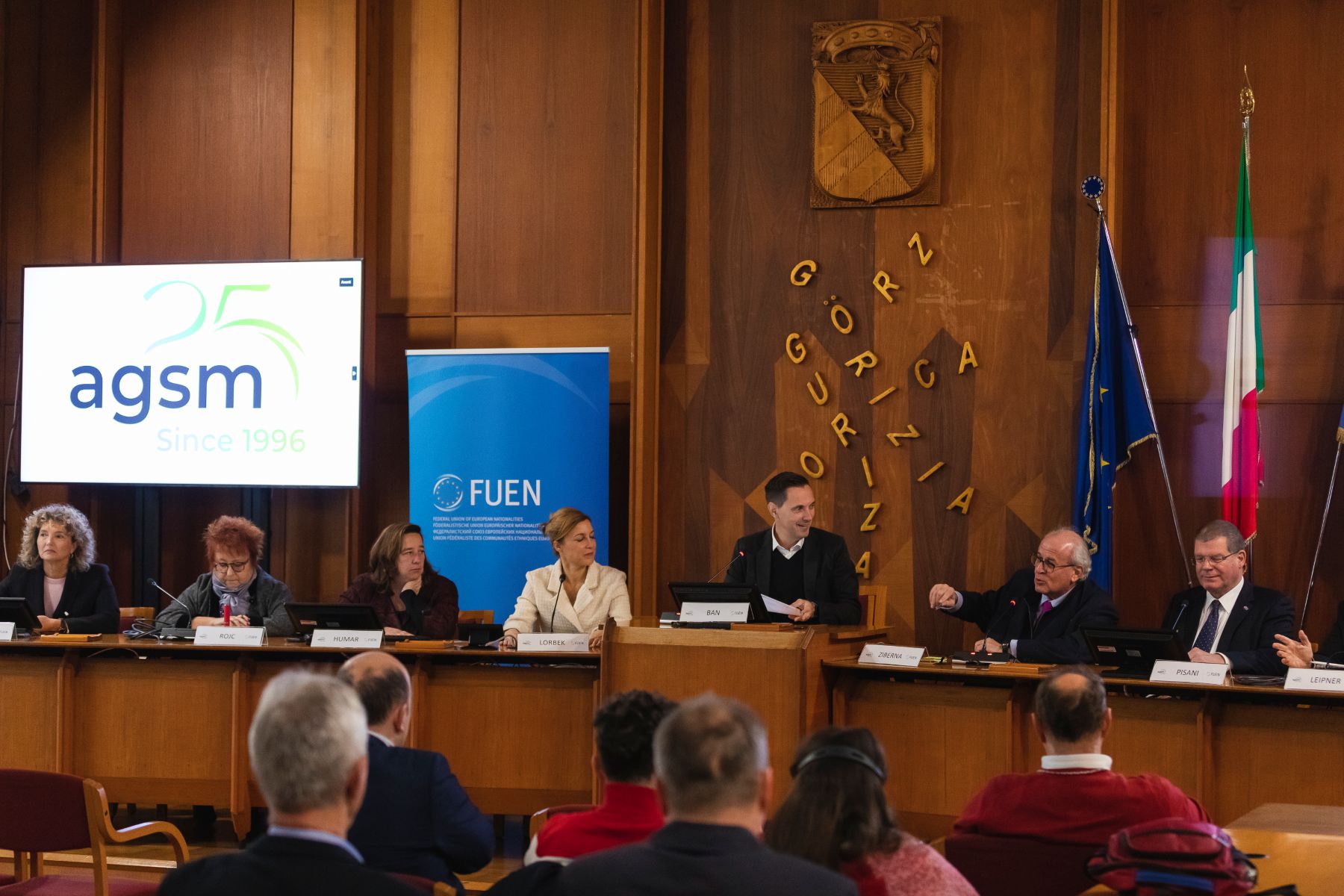
The seminar was deeply integrated with the spirit of the GO!2025 European Capital of Culture. Mija Lorbek, Director of GO!2025, described the cross-border project as a "laboratory of peace," noting that the European Parliament's Committee on Culture recently described it as the best example of an ECOC to date.
Marko Pisani, Provincial Councilor of Friuli Venezia Giulia, added that the event has allowed the region to take "a step 10 years into the future," though he noted that the Slovenian community still lacks a guaranteed representative in the Regional Council.
Over the course of three days, participants engaged in panels regarding the education, media, and economy of the Slovenian minority in Italy. The program included a visit to the Slovenian High School Centre in Gorizia/Gorica and an excursion to the village of Števerjan/San Floriano del Collio to meet with Mayor Marjan Drufovka and the cultural association Briški Grič. Among other topics also the next big project in the region EUROPEADA2028 was presented, which will be hosted in the region Friuli Venezia Giulia by the Slovenian and Friulian member organisations of FUEN.
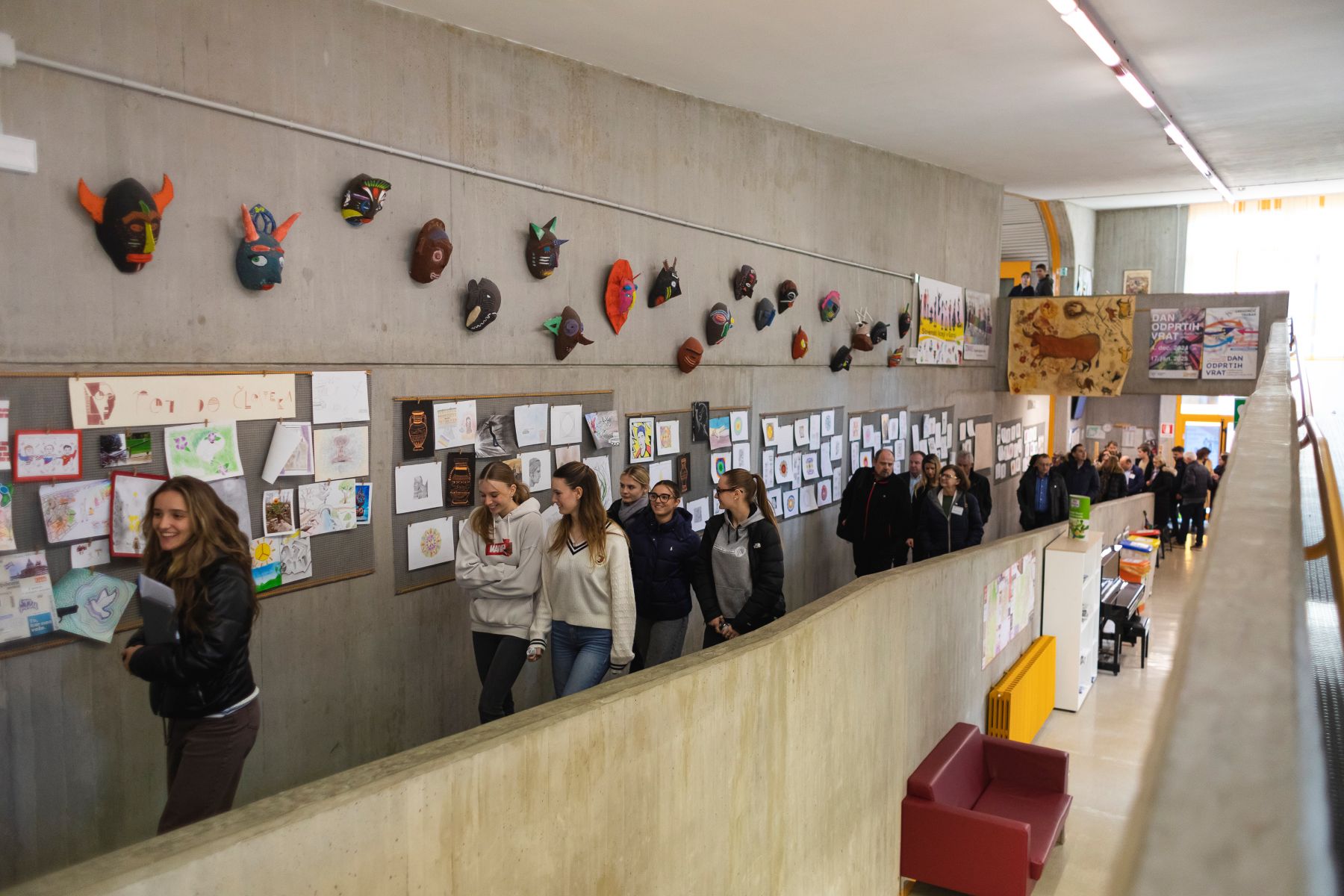
The seminar concluded with a guided tour of the European Capital of Culture sites and the "Cecilijanka 2025" concert, celebrating the rich choral tradition of the region.
The 28th AGSM seminar confirmed that while the political situation in Europe is becoming more complicated, the solidarity among Slavic minorities remains a vital force. As Dr. Leipner concluded in his opening remarks: "Bridges require constant maintenance. Our work is far from finished – in fact, it may be more urgent than ever."
The AGSM issued a clear statement of support at the event:
„The FUEN Group of Slavic Minorties AGSM is worried about the recent violence against the Serbian minority in Croatia. We stand in solidarity with all our member organisations. We condemn any form of nationalism.
Let us not allow the European dream to be torn apart from imitators of dark times – of times that left behind only suffering, misery, and despair.”
At the seminar, Dr. Hartmut Leipner was re-elected as Speaker of the working group.
The Working Group of Slavic Minorities (AGSM) was founded in 1996 and is the largest working group within FUEN. More information: agsm.fuen.org
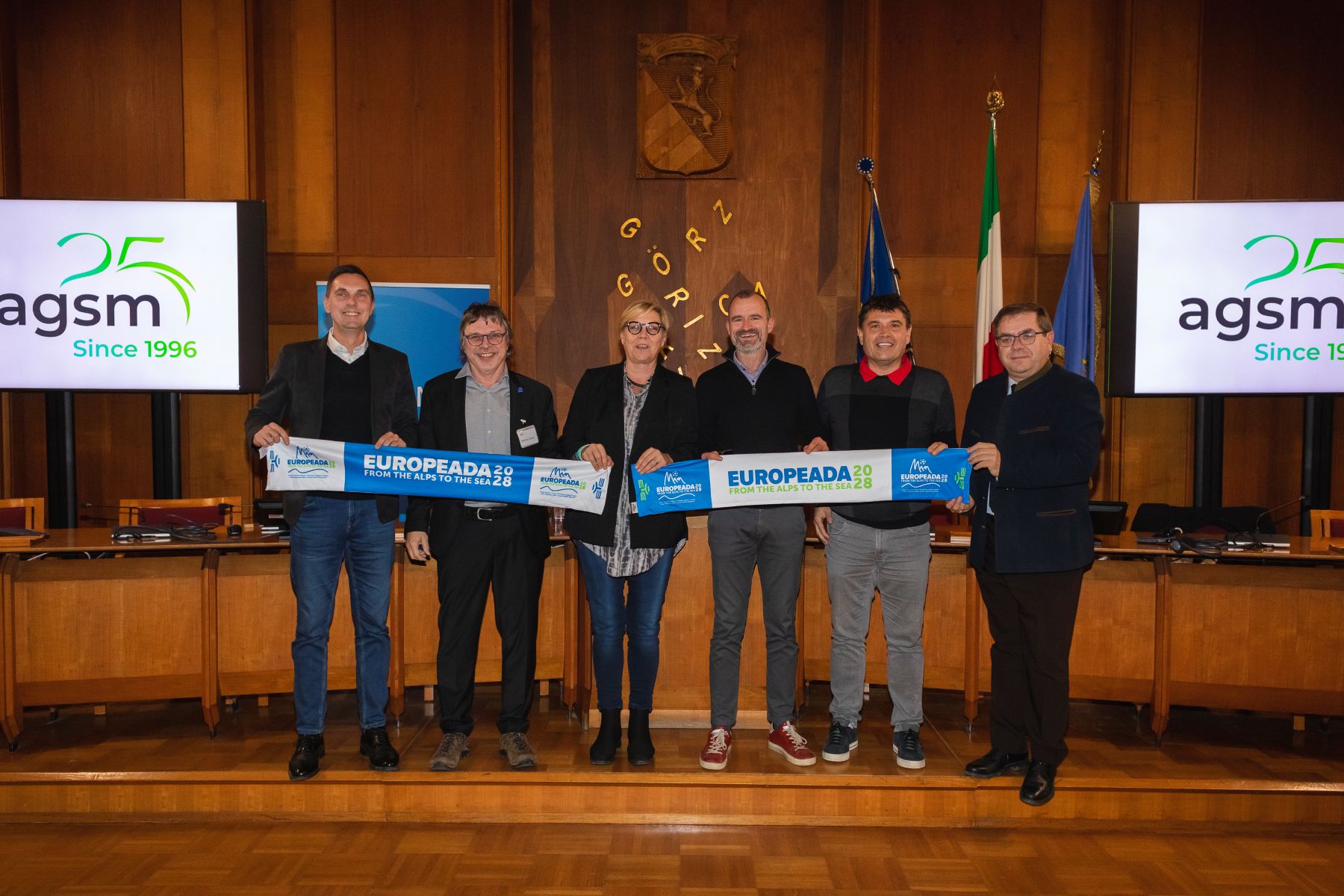
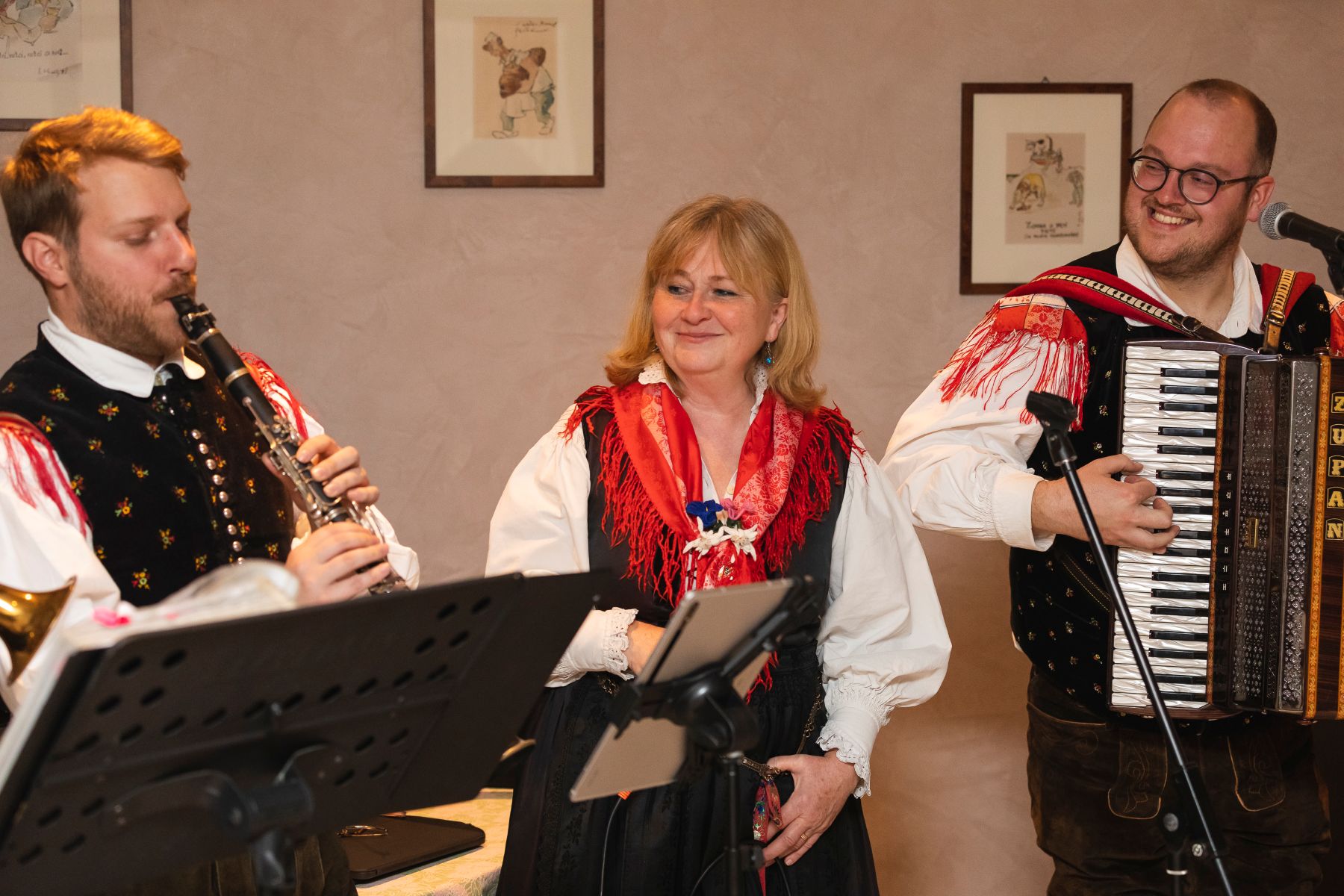
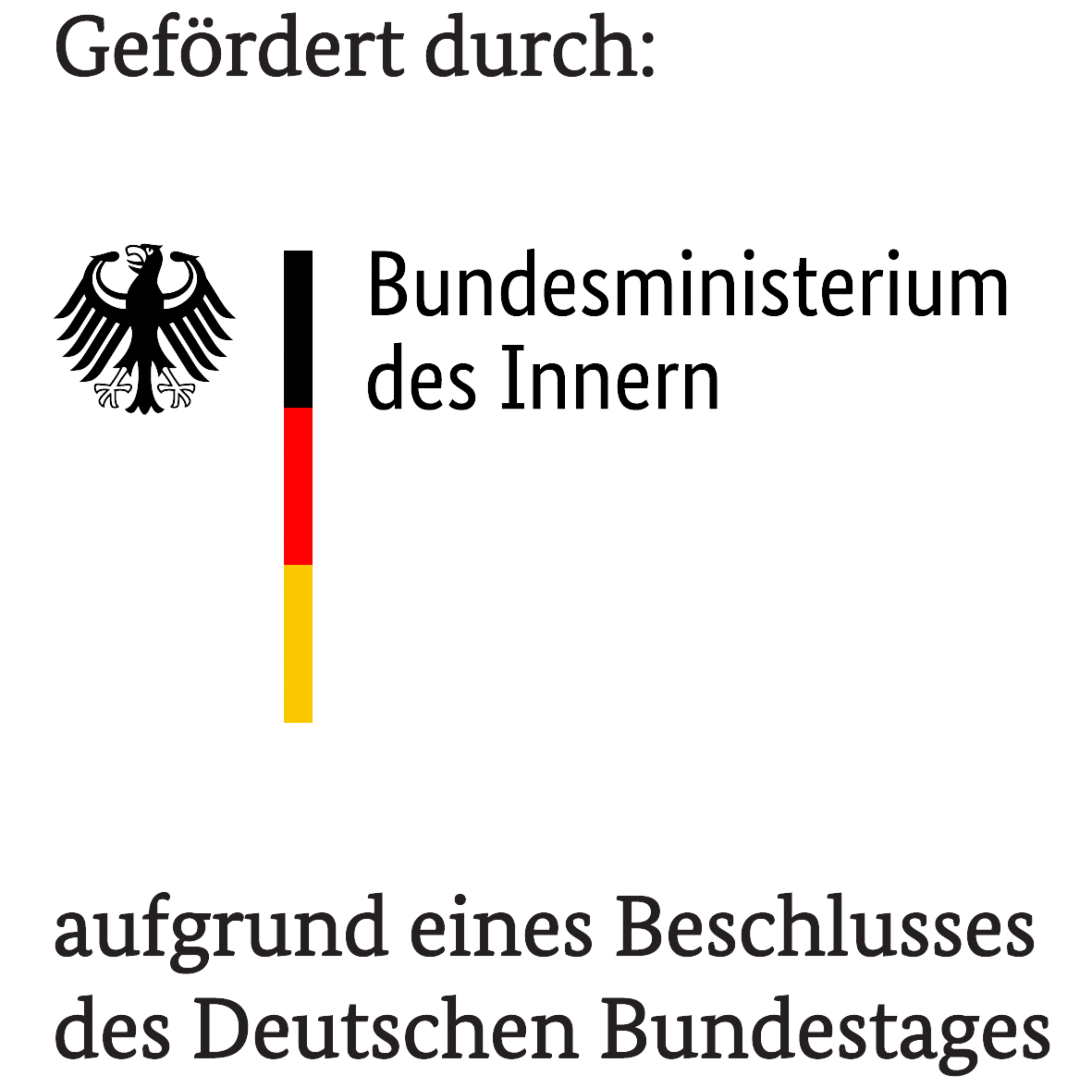
COMMUNIQUÉ DE PRESSE
- FUEN wishes you a peaceful Christmas season, restful days and a bright, hopeful start to the new year!
- FUEN calls on the EU to act over systematic ethnic-based land confiscations in Slovakia
- Women of Minorities conference in Budapest calls for structural change to ensure equal political participation of minority women
- FUEN President Olivia Schubert at UN Forum on Minority Issues in Geneva
- Equality in Political Participation and Representation: Third “Women of Minorities” Conference to Be Held in Budapest
- FUEN Working Group on Education discusses challenges and future of minority schooling in Europe
- 28th Seminar of Slavic Minorities in Europe to take place in Gorica/Gorizia, Italy
- Olivia Schubert in her first interview as FUEN President
- FUEN Assembly of Delegates elects new leadership – Olivia Schubert becomes new President
- FUEN Congress continues with presentation of South Tyrol’s minorities, Working Group meetings and Assembly of Delegates














